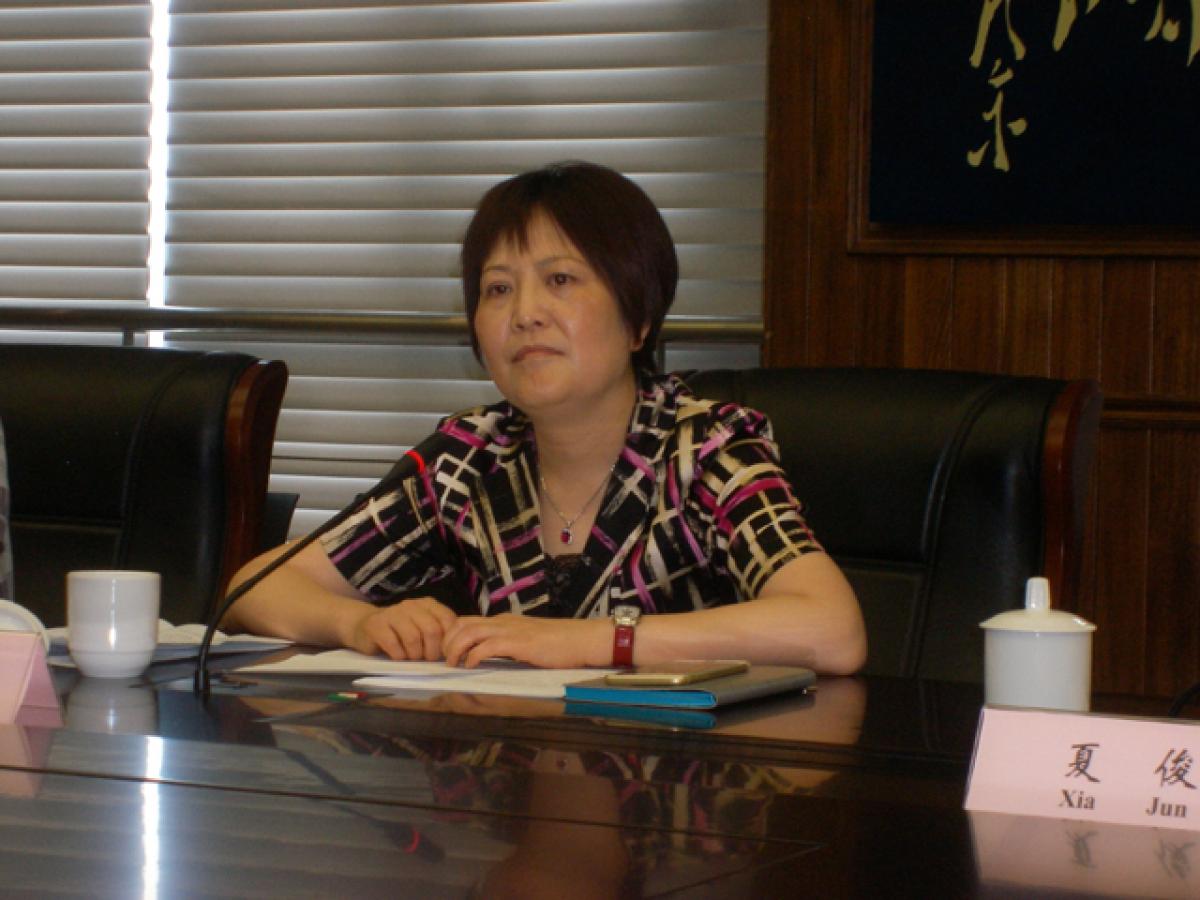Live
- SC rejects pleas on 100% cross VVPAT verification
- Razole: Ample scope for tourism promotion in Konaseema says Pawan Kalyan
- KCR hand in glove with BJP: Revanth
- Kaleshwaram Irregularities: Ghose Commission to dig deep to find flaws
- Kudos to young boy: Saichand’s timely action saves trapped workers
- MyVoice: Views of our readers 27th April 2024
- WHO launches first ever Patient Safety Rights Charter
- Guntur: Narendra Modi to campaign in Andhra Pradesh on May 7,8
- Lower Voter Turnout: ‘400 paar’ looks remote for NDA
- ‘Reduce, Reuse, Recycle’: Mantra for green living
Just In

No Blue Skies for Chinese media. The residents of the Chinese capital are obsessed with the weather. The first thing they check in the morning on their phone application is the pollution level.
.jpg) The residents of the Chinese capital are obsessed with the weather. The first thing they check in the morning on their phone application is the pollution level. And then they look out of the window. What they hope for is a 'Blue Sky' - a portender of sunny, pollution free day. They even have a 'Blue Skies' index.
The residents of the Chinese capital are obsessed with the weather. The first thing they check in the morning on their phone application is the pollution level. And then they look out of the window. What they hope for is a 'Blue Sky' - a portender of sunny, pollution free day. They even have a 'Blue Skies' index.
But no such vivid days exist for the Chinese media. Years of prosperity and all-round development have not lifted the haze of government control over the journalists, who either live in denial or are active believers in the state's repeated claim that China is a "democratic nation". After decades of economic growth which has seeped to a large proportion of the society, social norms may have changed - divorce is easy, sex is no longer confined within closed doors, fashion has exploded and pride in culture has revived.
But freedom of thought has not kept pace. In fact, it may even have declined, if the media - a window into the society - is any indication. Yet, the 'guardians of truth' still parrot the line that Chinese journalists are free. "There is no interference in our freedom to write," says Li Yun, Party Secretary of Jiefang or Liberation Daily, a Communist Party of China paper in Shanghai.
Li, also a director of the magazine run by the group loosely translated as 'Against Corruption,' says that in her eight years of experience with the Chinese daily she has seen that the "respect for journalists had only grown because they practise ethical journalism". Li, who was a gracious host to a visiting group of Indian journalists, said the 230 journalists and editors working in Jiefang were proud that their paper was read by the top leadership, including the prime minister.
With a circulation of 400,000, it is the leading party daily in the country. "In China there is legal support for press freedom, just like it is in the US,” says Xia Jun, Director of External Relations at the Shanghai United Media Group, which includes the Jiefang Daily, now running in its 66th year.
The daily gets about $8.5 million in support from the government. The rest it has to raise through advertisement, circulation and renting out space in the two buildings, among three, that it owns. "My experience of 20 years in journalism is that the government guarantees news freedom in China,” says Xia.
In Beijing, Deputy Director of English service, Qian Wang, at China.org, a news portal, says its journalists do cover the question of corruption in China. Scratch the surface and you realise that much of the stories carried by the news portal on such a subject would come from either the news agency Xinhua or through what is released by the ministry of foreign affairs or other ministries.
The portal collates news from various sources on real time basis, including reports from its journalists across the nation. But, says Qian, they work under the guidelines issued by the government. And there is no overall supervision of their work by anyone. The 400-odd journalists who work for the portal include dozens of foreigners.
Wang Hao, Deputy Editor-in-Chief of China Daily in Beijing, one of the few English newspapers, is more realistic. "State ownership is not in doubt. Our policy is decided in conformity with what is in national interest," he said. Although officials are known to keep a close watch on what the citizens are discussing, it Â’s a couple of hours before the state cracks down on it. By then the information has spread far and wide.
By Hardev Sanotra

© 2024 Hyderabad Media House Limited/The Hans India. All rights reserved. Powered by hocalwire.com







